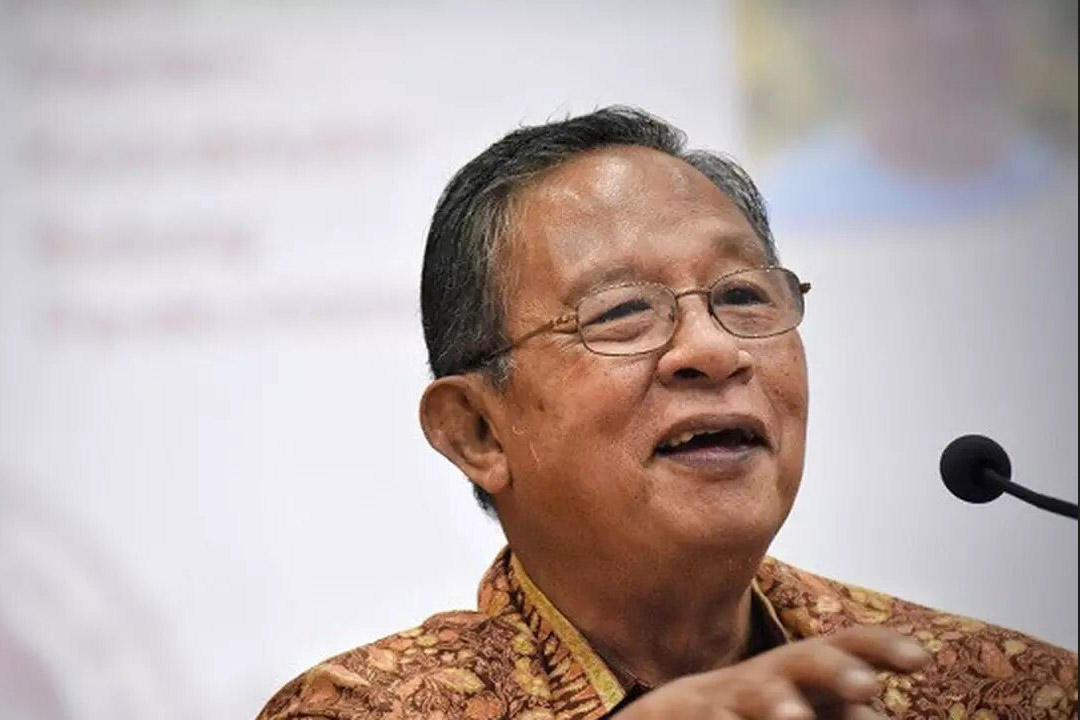Govt to Lobby EU States to Defend Palm Oil
THE Indonesian government has made a strong commitment to fight discrimination against palm oil even though the European Commission has decided to remove palm oil from the country’s biofuel scheme.

THE Indonesian government has made a strong commitment to fight discrimination against palm oil even though the European Commission has decided to remove palm oil from the country’s biofuel scheme. The Government will convince each member of the EU that Indonesian palm oil is sustainable, eco-friendly and not the cause of deforestation.
Coordinating Minister of Economic Affair Darmin Nasution believes that Indonesia still has chances as each member of the EU will address its official statement. “If the EU keeps going with its decision, so do we. At least we have one more chance as each member of the EU will address its opinion,” Darmin said inhis office as quoted by Bisnis.com.
Darmin plans to visit every member of the EU to voice Indonesia’s concerns and objections. “We plan to visit Europe early this April. WE will not wait anymore, we’re trying to voice our concern to every EU member country,” he added.
As reported earlier, the European Commission adopted on 13 March 2019 a delegated act setting out the criteria for determining high ILUC-risk feedstock for biofuels. The proposed regulation has singled out palm oil. Together with Malaysia, Indonesia strongly opposes the decision saying other types of vegetable oils might be even worse for the environment than palm oil.
The European Commission concluded that palm oil should be phased out from transport fuel due to environmental concerns. That conclusion came in the commission`s criteria for determining what crops cause environmental harm. That`s part of a new European Union law to boost the share of renewable energy to 32 percent by 2030 and determine what are appropriate renewable sources. The growing of oil palms, the commission found, results in excessive deforestation and its use in transport fuel should be phased out.
The Commission also concluded that 45 percent of the expansion of palm oil production since 2008 led to destruction of forests, wetlands or peatlands, resulting in more greenhouse gases. That compared to 8 percent for soybeans and 1 percent for sunflowers and rapeseed. The commission set 10 percent as the dividing line between less and more harmful feedstocks. *** (Antara/Reuters)

































